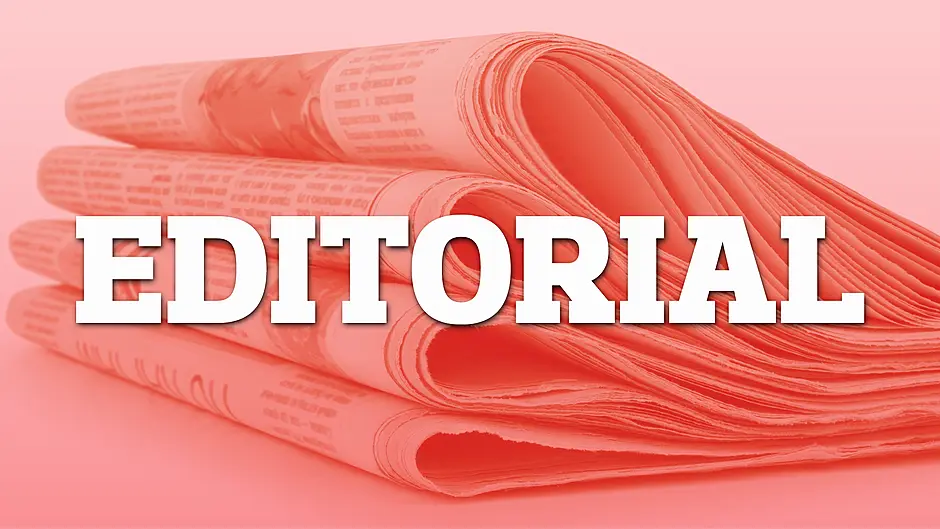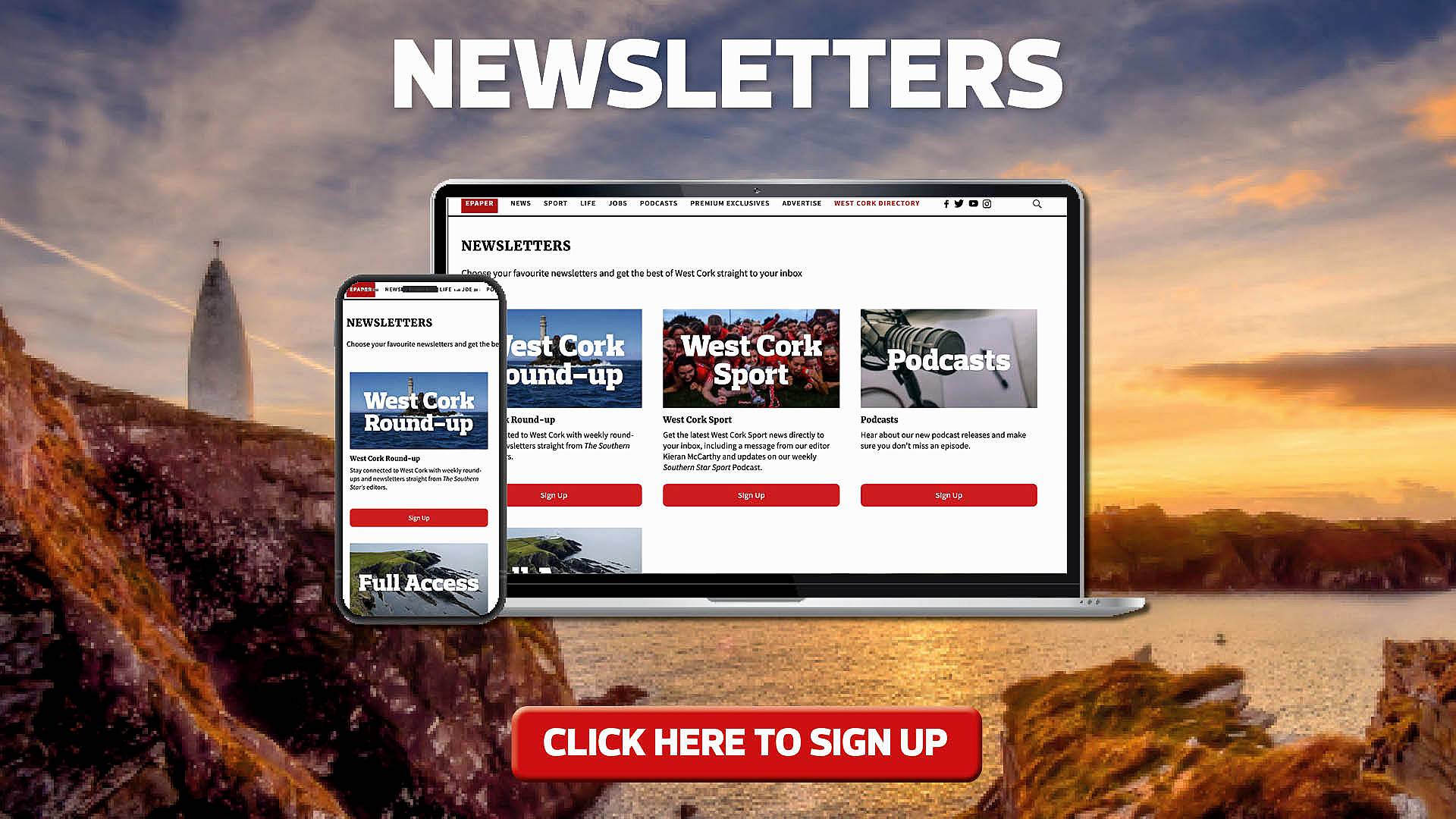AS WE reach our third bank holiday weekend in the space of seven weeks, our tourism industry is losing out yet again just as the season should be beginning to hit the higher gears. However, the entire hospitality sector is still closed apart from hotels and restaurants offering a takeaway service to people living within five kilometres.
The ongoing necessary Covid-19 travel restrictions are preventing people from travelling to places such as West Cork, so the tourist footfall is non-existent at the moment. Even when the travel distance permitted is raised to 20km on June 8th – assuming all goes well in the current first phase of the lifting of restrictions – it won’t make a hugely-appreciable difference to tourism providers apart from allowing a few more day-trippers to visit the area.
This 20km limit will continue until at least phase four, which is pencilled in to commence on July 20th, when people will be allowed to travel beyond their home area and it is only then, albeit very late in the season, that the accommodation side of the tourism industry can begin to function again. In the meantime, from June 29th, cafés and restaurants will be able to serve food and beverages on premises, subject to social distancing, which will seriously reduce their capacity, so the takeaway side of such businesses will still be crucial to their survival.
Pubs and bars are slated for re-opening – all going according to plan – on August 10th, which is after the traditional peak of the tourist season, and here again social distancing requirements are going to seriously hamper their operations. Some local publicans told The Southern Star recently that their smaller operations would not be able to afford the cost of policing the regulations and that they were seriously contemplating not re-opening until a cure or a vaccine for Covid-19 had been found, which could be as far away as this time next year.
Lobbyists for some of the bigger pubs, which serve food, want to them to be allowed open at the end of June, the same as cafés and restaurants. However, satisfactory progress in containing the spread of the coronavirus will have to be recorded in the first two phases before any such deviations from the overall plan should be acceded to.
It is clear that the tourism industry is in serious need of assistance and support. No doubt, local people will support the hospitality sector as much as they can because local jobs depend so much on it. Nationally, the industry employs about 260,000 people with just under 10% of these jobs in Cork.
According to the Economic and Social Research Institute, the Covid-19 crisis has led to widespread disruption in the retail, accommodation and food sectors. These sectors alone employ half of all minimum wage workers in Ireland, meaning low-paid workers may be disproportionately impacted by job losses in these areas.
They won’t all be going back to work in the short to medium term because of the length of time it will take to get the tourism industry back on track, as 2020 is a veritable write-off. This year, it will be mainly reliant on people taking ‘staycations’ as travel limitations will keep overseas visitors away.
When the tourism industry hit the doldrums almost a decade ago in the wake of the Celtic Tiger boom, ‘staycations’ helped greatly to get it up and running again, especially as providers offered great value for money. This needs to happen again.
In 2011, the industry benefitted from a reduction in the VAT rate on tourism-related goods and services from 13.5% to 9%, which continued for eight years. A similar, or even bigger reduction to a zero rate, has been called for.
In his maiden speech to the Dáil last month, Cork South West Fianna Fáil TD, Christopher O’Sullivan, called for a reduction in the VAT rate and repeated it subsequently, along with asking for grant aid (not loans) for the sector, a campaign to re-invigorate domestic tourism in the medium-term and a strategy to ensure the long-term return of international tourism. However, his main concern is that what tourism operators lack most of all at the moment is clarity.
The formation of a special Tourism Recovery Taskforce with an independent chair, dedicated to spearheading economic recovery for the tourism sector, is a welcome initiative by the government. Some aid is coming from the European Commission for the transport and tourism sectors, but this has only received a lukewarm welcome from Seán Kelly, MEP for Ireland South, who said that the measures were not ambitious enough.
Local tourism providers are a resilient and innovative bunch when it comes to attracting business to West Cork, but they cannot do it on their own and need financial assistance to salvage what little will be left of the 2020 season so that they can survive and, hopefully, be able to make up some lost ground next year.









